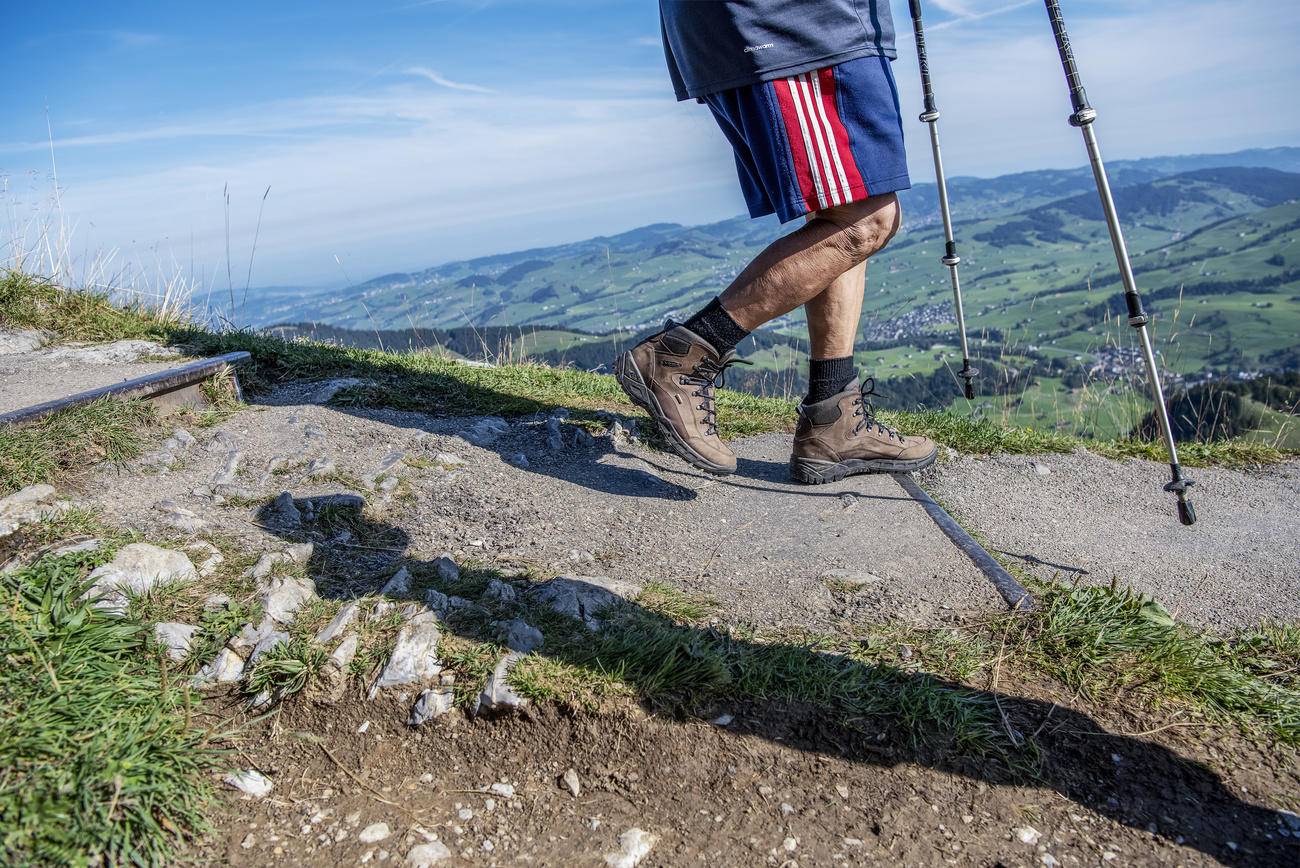
Switzerland ranked ‘greenest’ holiday hotspot

Switzerland has the most environmentally sound tourism record, according to a global comparison study by the World Economic Forum (WEF). The study ranks the alpine country as the 10th most “competitive” holiday location overall against a broad range of criteria.
The WEF ‘Travel and Tourism Competitiveness ReportExternal link’, conducted every two years, ranks 140 countries on their relative strengths in global tourism and travel. In 2018, it found Switzerland’s attention to environmental standards in the sector to be top of class.
The study makes specific mention of Switzerland’s waste water treatment system and the country’s impressive record in the category “environmental regulatory enforcement and stringency”.
Switzerland is also rated as one of the safest places in the world to visit and achieves high marks for its competitive business environment, low taxes and wealth of highly skilled workforce.
It comes as no surprise that the Switzerland is considered one of the most expensive places to visit. More surprisingly, the WEF study says it is the most improved European country in the category “price competitiveness”, despite the continued strength of the Swiss franc.
The number of overnight stays in Swiss hotels increased by 3.8% last year to 38.8 million, driven by increased numbers from the United States and Asia.

More
Why hikers want the wild taken out of wilderness

In compliance with the JTI standards
More: SWI swissinfo.ch certified by the Journalism Trust Initiative





























You can find an overview of ongoing debates with our journalists here . Please join us!
If you want to start a conversation about a topic raised in this article or want to report factual errors, email us at english@swissinfo.ch.